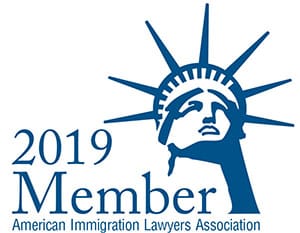Families in Maryland may encounter a situation in which they have to provide for the care of a minor child or even for an adult who can no longer take care of herself. For example, a child may lose both of his parents in an accident or may be in a situation where neither parent is able to care for the child.
In these cases, family member or friends may prefer to set up a private guardianship for the child rather than rely on the state authorities. In other situations, even a young adult can suddenly be severely disabled in an accident, and adults of any age may reach a point where they can no longer manage themselves and their property.
If this disabled person did not have a comprehensive estate plan in place, then family and friends may need legal authority to control the person’s property and manage their living arrangements.
Guardianships may be necessary in these cases.
A guardianship is a court order granting authority to act on another’s behalf
Guardianships are court orders granting legal authority for one person, often a loved one, to act on behalf of a child or an adult who cannot fully function independently for whatever reason.
In Maryland, there are two types of guardianships: guardians of the person, and guardians of the property.
A guardian of the person will, except as specified by the court, have the authority similar to what a parent has over his child. Basically, the guardian can make healthcare decisions on behalf of the protected person, even if these decisions involve life and death. Likewise, a guardian can place the protect person in a care facility or other shelter.
A guardian of the property will have the legal authority to take control of and manage the protected person’s property, much like an attorney in fact would under a power of attorney. A guardianship of the property may be referred to as a conservatorship.
The same person can be both a guardian of the person and of the estate.
Setting up and managing a guardianship is a legally complicated affair, as guardians must follow several rules, meet deadlines and are expected to carefully perform oftentimes difficult legal and financial duties.





